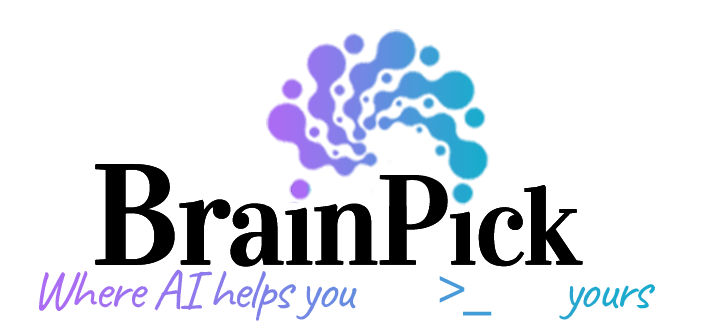Learn How Psychologists Can Easily Use AI Prompt Engineering Tools
Use Cases
Optimizing Psychological Care with AI-Centric Guidance
In the profound realm of psychology, every insight gleaned, every behavior understood, and every therapeutic intervention marks a step towards human well-being and mental health. Psychologists delve into the intricate maze of the human mind, aiming to alleviate distress, foster understanding, and promote emotional and cognitive growth. As societal challenges intensify and the complexities of human behavior become more pronounced, these professionals continually seek innovative methodologies to enhance therapeutic outcomes.
Enter our cutting-edge AI-driven starter prompts, expertly designed for psychologists. These prompts are not just diagnostic tools; they encapsulate the essence of psychological inquiry and intervention. While offering immediate insights into behavioral patterns, therapeutic techniques, and cognitive processes, they also inspire psychologists to formulate their unique prompts, resonating with their therapeutic approach and clients' needs. Consider them as the foundational blocks from which a holistic therapeutic plan can be constructed.
From understanding the intricacies of specific psychological disorders to devising individualized therapeutic strategies, these tools empower psychologists to amplify their impact. Imagine the depth of being equipped with insights that allow for the formulation of effective therapeutic interventions for trauma victims or the capability to design specialized therapeutic activities for children with developmental challenges. Visualize the transformative potential of harnessing data-driven insights to track therapy progress or the satisfaction of employing evidence-based techniques that facilitate healing and growth.
In an arena where success is reflected in the emotional well-being of clients and the breaking down of mental barriers, our AI starter prompts stand as a psychologist's trusted companion. They provide the groundwork, allowing psychologists to transform every challenge into a therapeutic triumph, every session into a journey of introspection and healing. Dive into this suite of tools and experience the amalgamation of deep psychological understanding with the prowess of artificial intelligence, ensuring every therapeutic interaction isn't just a session, but a pathway to holistic well-being.
Share these Industry Prompt Examples
Prompt Examples for Psychologists
Client Engagement & Communication:
"Outline best practices to establish rapport with [Specific Client Group] during the initial consultation."
[Specific Client Group] - "adolescent clients"
"Brainstorm strategies to help clients feel comfortable discussing [Sensitive Topic]."
[Sensitive Topic] - "traumatic experiences"
Therapeutic Interventions:
"Generate a list of evidence-based interventions to address [Specific Psychological Issue]."
[Specific Psychological Issue] - "anxiety disorders"
"Recommend activities or exercises to improve [Specific Skill/Aspect] in clients."
[Specific Skill/Aspect] - "emotional regulation"
Case Management:
"Design a framework for monitoring the progress of clients with [Specific Disorder] over a span of [Time Frame]."
[Specific Disorder] - "depression"
[Time Frame] - "6 months"
"Identify potential challenges and solutions when working with clients who have co-morbid [Disorder A] and [Disorder B]."
[Disorder A] - "OCD"
[Disorder B] - "PTSD"
Professional Development:
"List potential workshops, seminars, or courses to deepen understanding in [Specific Psychology Area]."
[Specific Psychology Area] - "neuropsychology"
"Recommend books or research papers on the latest findings in [Specific Therapy Approach]."
[Specific Therapy Approach] - "Cognitive Behavioral Therapy (CBT)"
Ethics & Confidentiality:
"Outline the steps to handle a potential breach of confidentiality in a [Specific Setting]."
[Specific Setting] - "group therapy session"
"Brainstorm strategies to maintain professional boundaries when working with clients in [Specific Circumstance]."
[Specific Circumstance] - "remote/online sessions"
Collaborative Care:
"Design a communication plan for coordinating care with other professionals (e.g., psychiatrists, social workers) for a client with [Specific Condition]."
[Specific Condition] - "bipolar disorder"
"Generate a set of guidelines for referring clients to [Specific Service/Professional] when needed."
[Specific Service/Professional] - "art therapy"
Research & Assessment:
"Recommend evidence-based assessment tools for evaluating [Specific Disorder/Issue]."
[Specific Disorder/Issue] - "eating disorders"
"Outline the procedure for conducting a research study on the efficacy of [Specific Intervention] in treating [Specific Condition]."
[Specific Intervention] - "mindfulness meditation"
[Specific Condition] - "stress"

